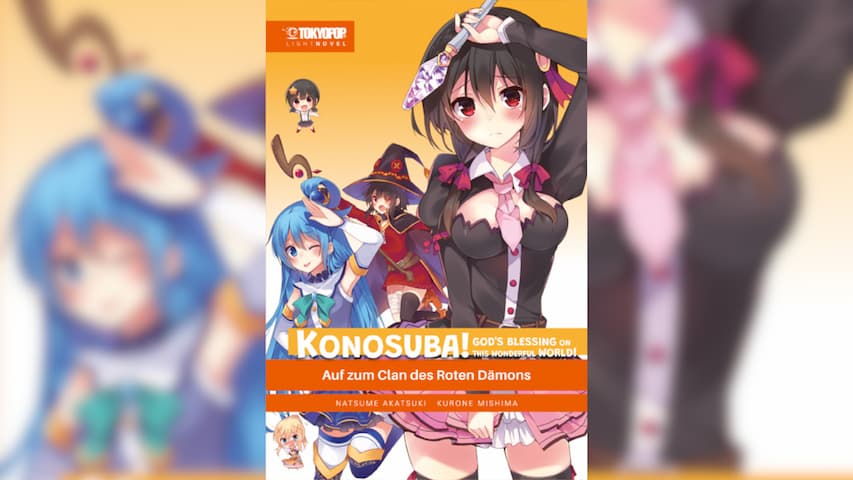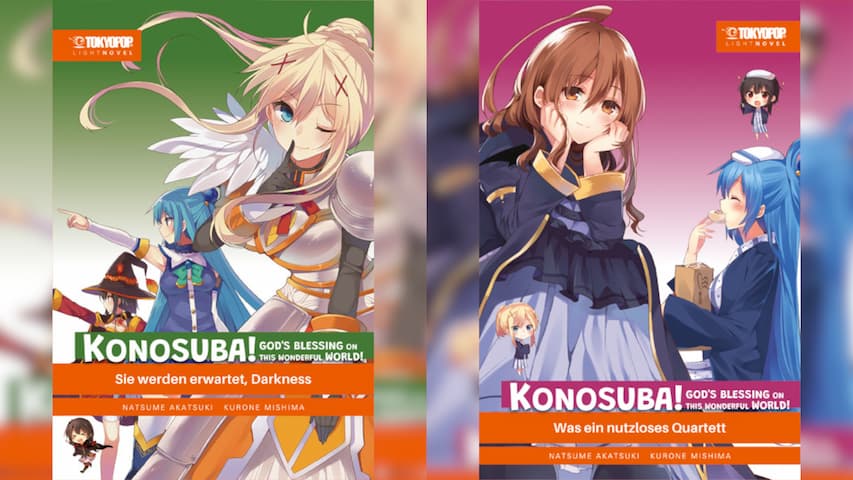Sexiled: The Limits of Revenge

Ach ja, I just recently finished reading the two volumes of Sexiled: My Sexist Party Leader Kicked Me Out, So I Teamed Up with a Mythical Sorceress! and I am a bit perplexed. On one hand, I was initially under the impression that this series would be Girls Love (Which is an insane opening statement for what I am about to discuss) and, to be fair, it is, but only in the same way Attack on Titan is a romance. On the other hand, the novel is just not that much fun to read, despite its subject matter being right up my alley. So, why is that?
To give you the basic rundown of everything that can’t be already inferred by the title alone, Sexiled is, at least what I assume it to be, a pretty bog-standard “Kicked out of your party” revenge story. It is set in a world of swords and sorcery, filled with your classic staples of light novel fantasy™ like guilds, adventuring parties, RPG mechanics and all that good stuff I doubt I will ever care about. There isn’t really much more to the world, no specific gimmick and, as far as I am concerned, it plays its premise pretty straight: Tanya gets kicked out of her party, in her frustrations accidentally sets free the ancient sorceress Laplace and together the both of them take revenge on the men that wronged them. It goes through the motions of speedrunning the all-too-familiar plot points of getting overpowered immediately and acquiring wealth, comrades and anything resembling the general concept of safety, that renders any sense of tension and stakes obsolete in just the opening chapters. It is at times pretty contrived, the characters outside of Tanya and Laplace are barely developed and it feels just plain trite and uninspired most of the time. In general, the plot just kinda sucks.
However, everyone that knows me and what kind of media I normally engage with should already know that this isn’t really the reason why I am talking about this series to begin with. If I had the time and endurance to half-heartily criticize mediocre series I don’t have strong feelings about, I would already be doing it en masse as a clickbait YouTuber. Nah, Sexiled has capital T themes and I don’t think it would be an exaggeration to call the main story one giant framing device to explore situations in which the characters are confronted and ultimately deal with sexism… or, at least it tries to.
Before going into specifics, my general stance on the series is that I fundamentally agree with everything it does say. Afterall, I don’t think it is a hot take coming from me to be against discriminating women and forcing people into specific roles based on societal expectations of one’s gender. I also have zero problems with the series wearing its politics on its sleeves written in all caps neon letters. My main gripe is that I don’t think Sexiled is particularly good at addressing these issues in a very nuanced way, which makes it also rather easy for reactionaries to either argue in bad faith or dismiss it in its entirety. As a feminist critique of mostly contemporary real-life issues, it just doesn’t go deep enough into the reasons why these problems occur and how to potentially solve them, which makes recommending this series on the basis of it being media that tackles such political issues almost impossible. As for the long version…
Sexiled traps itself in what I would describe as a perpetual cycle of revenge. Of course, there is the main story of Tanya’s quest to embarrass her former party leader in front of the whole city and Laplace stopping the person that sealed her away all those years ago. But looking at the beat for beat motions, there is something similarly going on at a micro level: The duo/trio/quartet finds itself in a position where they are either belittled, disrespected or wronged based on them being women, the series goes to varying lengths to explain why it is wrong and it ends with some form of retaliation. It often isn’t even a violent kind of retaliation, just either flipping the situation around, or simply showcasing how much the women trump the men in the moment. A sexist confrontation never just happens or ends, but instead seemingly must be followed up by some kind of own, the perpetrators taking the L or something similar. It is not like these scenes are not satisfying to read or anything. Tanya is interesting in the way that she is just so outgoing and fed up with everyone’s attitude, to the point it catches everyone off-guard and greatly contributes to the one thing I think the series does convey well: That it is possible to stand up to injustice and make the world around you a better place, if only a little.
However, the underlying problem is twofold. It gets really exhausting to see it be the only source of conflict. It isn’t even like they simply encounter situations in which they are confronted with society’s worst side, but rather that those situations find them on a constant basis unprompted. The second problem is that, while systematic in origin, the actual reasons why the women find themselves in these situations is seldom due the system or even society at large, but specific singular men or groups of men. The problem with that is that basically every single of them is just a one-off walking stereotype of a sexist. Not even the type of sexist that hides behind rhetorics and plausible deniability, but just straight up saying how they mean it, which only further added to my feeling of exhaustion. More importantly, it makes it seem like less of a representation of society at large, than just the act of specific individuals. Ironically, this is something, which we are constantly reminded by the narration to be not the case, despite only ever really being shown otherwise. From a writing perspective, this should not be the case.
The biggest exception, and at the same time my favorite little overall detail, is the shopkeeper of the armor shop from the beginning of the first novel. For this, we need some more background: So basically, in this world, there is the believe that magic gets stronger if you are exposing more skin. Is it true? Nope, but it is not like anyone knows better, or, more importantly, it is not like anyone in power exists, who would want to change it. Afterall, due to societal expectations, all the classes utilizing magic, like Mages and Healers, mostly consist of women anyway, so all the man can feast upon the sight of actual bikini armor. Beyond being one of the problems that can’t be simply punched away, it also one that can involve other men that aren’t directly sexist in themselves. The shopkeeper himself has no incentive to stock more modest armor, even if he were allowed to and since the market for female adventurers is smaller anyway, it leads to the big disparity between how male adventurers are allowed to dress themselves versus how female adventurers are forced to. Good stuff, but unfortunately the only incident which looks at more fundamental issues and really gets some page count.
It is not like the series as a whole completely ignores systematic problems entirely. In fact, the series regularly acknowledges that there is more going on than just some men being assholes. However, these discussions are not really relevant to the plot itself and tend to be reserved for when the party is talking to each other over some food. These were by far the most interesting bits we got, as they not only serve as great character reflection, but as well as new information to me specifically. To the disappointment of everyone, I am a man and thus simply never had to worry about specific things some woman have to go through. So, reading about how Nadine feels pressured to accept food she doesn’t like in fear other men reacting negatively or how even some of the most mundane things don’t accommodate women properly, is actually insightful for a lot of people and gets more to the root of how sexism creeps into all aspects of life, not just the big ones you can concretely point to. Speaking of which…
In the afterword, the author specifically mentions one real life incident, which directly inspired a major plot point in the first novel: In 2018, it was revealed that the Tokyo Medical University lowered the test scores of female applicants to artificially keep the number of women graduating down. Without oversimplifying to much, the main reason was the underlying bias and believe that women will or should take up a domestic and maternal role relatively early in their career, which is in conflict with the goal of the institution. Sexiled portrays a very similar event, essentially switching the medical school for a magic academy, but keeping the main issue of girls and women being unfairly judged the same.
What really bothers me with this little arc is how everything is eventually resolved. Again, instead of discussing how it all came to be and how it is possible that the board administration of a public educational institution turned into a comical lair of men spouting sexist rhetorics between them, while deducting points of the female applicants, it is time for action. How and why did the world change over the last 300 years to create such a disparity between the genders? Who knows?.. I mean, the second volume states that it is the sole responsibility of one specific guy, so I do know, but… yeah. And what’s worst, instead of being a public issue, the whole thing was resolved by Tanya and Laplace storming the board meeting and simply threatening the men into making more fair decisions. Congratulations, instead of changing the system for the better, all that was needed to make women attend the academy is the constant threat of violence by the hands of the only two woman being powerful enough to do so… Jesus Christ.
This is what I mean by the perpetual cycle of revenge. Most situations are treated as not just unfair, but as something that needs to be taken revenge against first and properly solved second. It is never “Women can actually do this, they are just not allowed to” and more “Women can’t do this, until one does so and then everyone starts clapping”. In fact, this “and then everyone starts clapping” is a weird constant of the story, which makes me doubt just how prevalent or intense the sexism of this world truly is, when simply passing the vibe check can bring material change. Sexiled does not participate in man-bashing, it just feels compelled to always make men specifically the fall guy for most, if not all situations, despite the intended message being so clearly the opposite. The first volume ends with Tanya giving a heartfelt speech about how the circumstances of one’s birth shouldn’t decide what you can and can’t do with your life, specifically addressing all the young girls wanting to be an adventurer just like her. The second volume even doubles down on this idea, as it is obvious that this sentiment stretches way farther than just the young girls and even reaching other men that also suffer from the current status quo.
The biggest take-away from this series should be that female comradery is one hell of a force and that change is possible. Nothing can take this away. It is just that this is simply not enough for me, especially when assuming a critical take on sexism to be the series' core appeal. As it is now, it reads mostly like an emotional outcry at the injustices of the world… which is fair and valid. You can’t take revenge against an indifferent system, so rebelling in your own way is at times the only thing you can do on your own.
Sexiled constantly flirts with the idea of being what I want it to be. Beyond what I have already mentioned, Katherine is an interesting character, as she starts out as a woman, which, due to her own internalized sexism, falls into a position, which makes the life of other women more difficult, which in itself is a great example of conflicting interests between people who otherwise belong to the same group… to bad this was quickly dropped and barely touched upon. Another thing I would have wished to not be just reduced to a side note is how misogyny also hurts men and that the fight for equality isn’t just in the interest of just women, but everyone. Sexism is a pretty broad topic, so seeing it mostly reduced to a couple of men discriminating women for no reason and with almost no further characterization, is a bit disheartening.
If you are interested in other light novels, which also tackle similar issues, I can recommend the following two:
- I’m in Love with the Villainess is primarily about LGBTQ struggles and various social issues, but hits more or less the same itch as Sexiled. The light novel is also way more direct and earnest about its politics than its manga and anime adaption and displays a pretty solid grasp on modern society and the problems queer people in it have to face, while also weaving everything seamlessly into a narrative that keeps you guessing where its end goal truly lies.
- JK Haru Is a Sex Worker in Another World is very much a deconstruction of the quasi-inherent sexism of the generic isekai power fantasy and goes deep into the psychology of how such a world forms rather specific views about sex and gender, as well as showcasing all the problems that come with opposing them.
Sexiled: My Sexist Party Leader Kicked Me Out, So I Teamed Up with a Mythical Sorceress! is available on J-Novel Club.
Related Posts
Comments
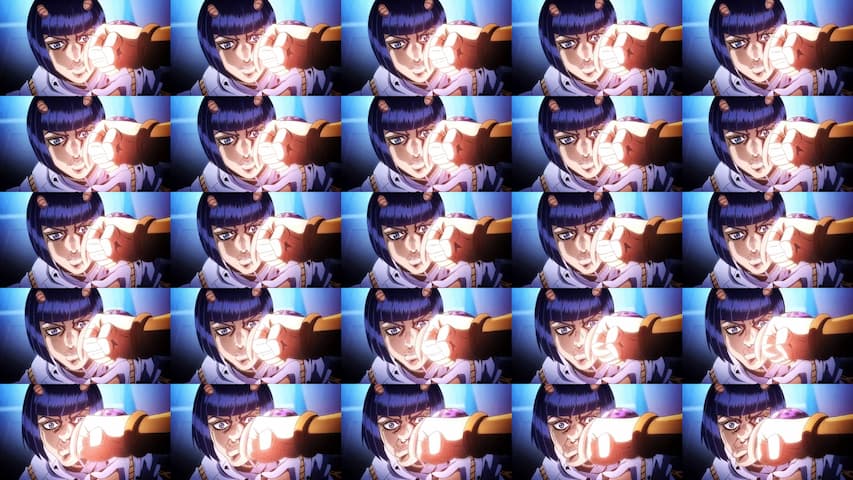
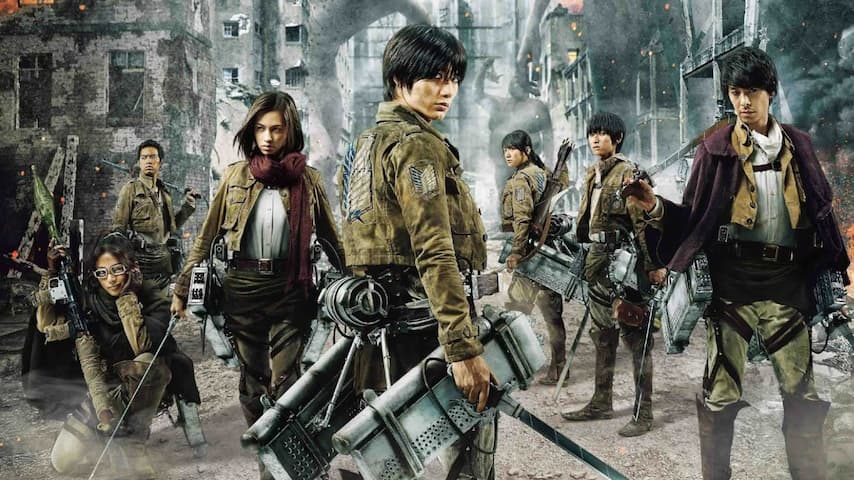

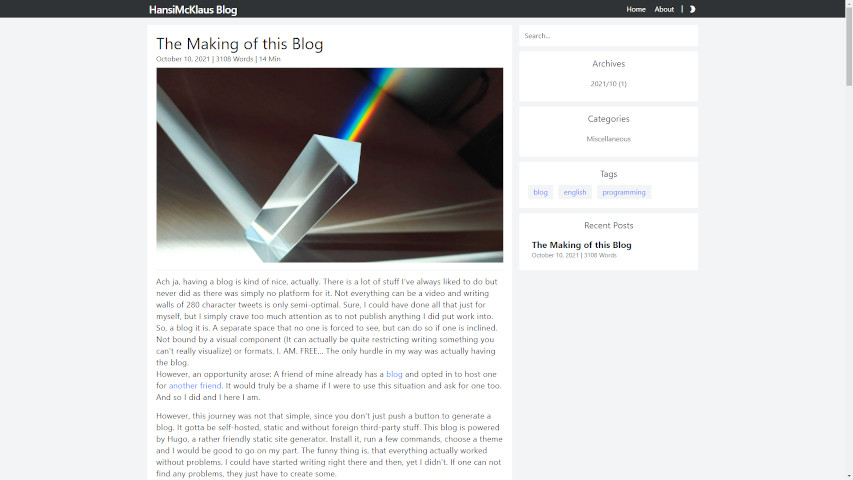
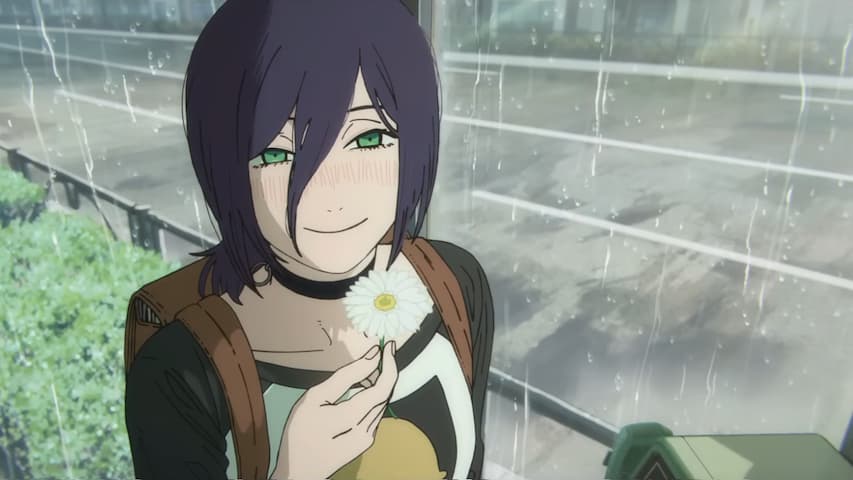
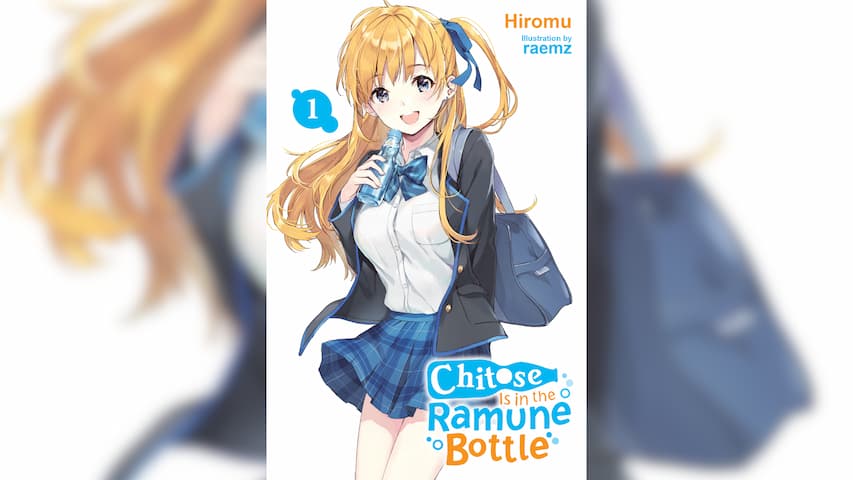
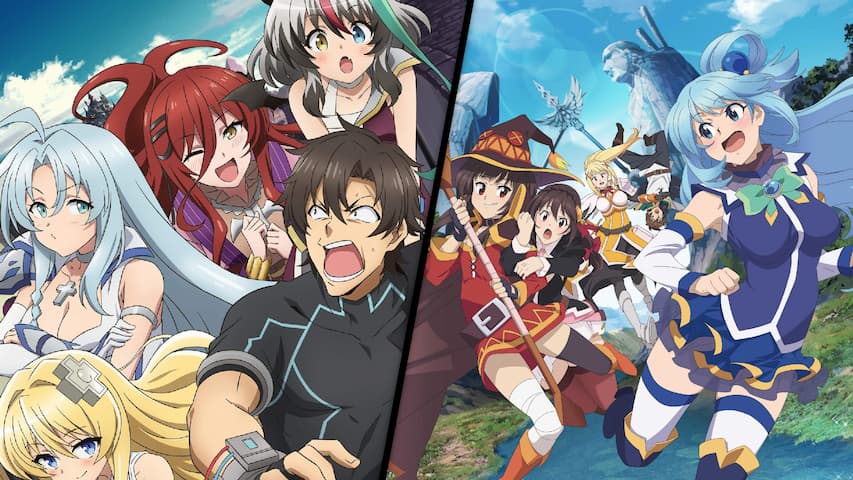
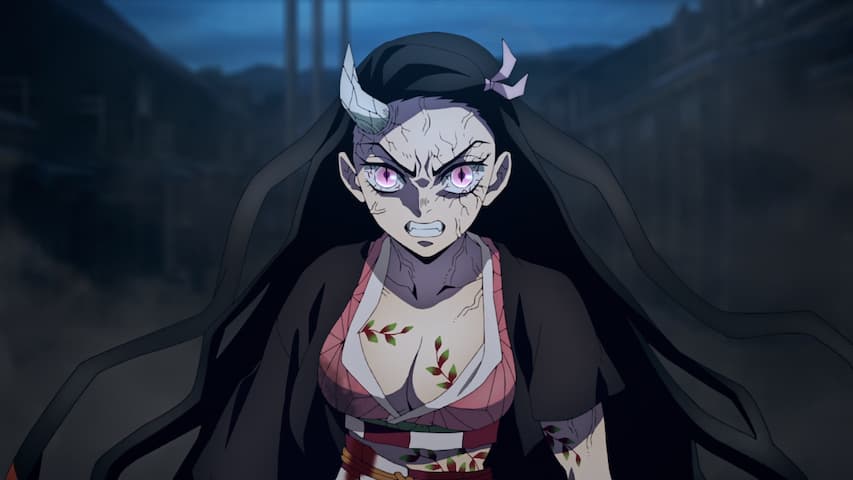

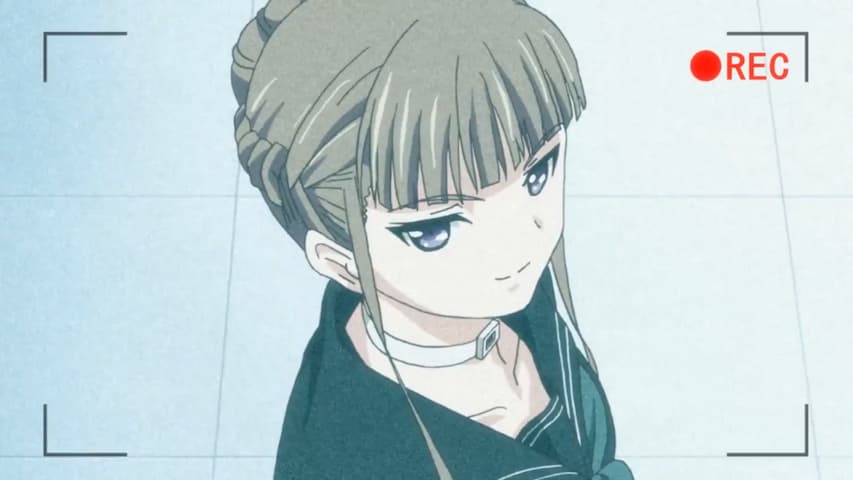
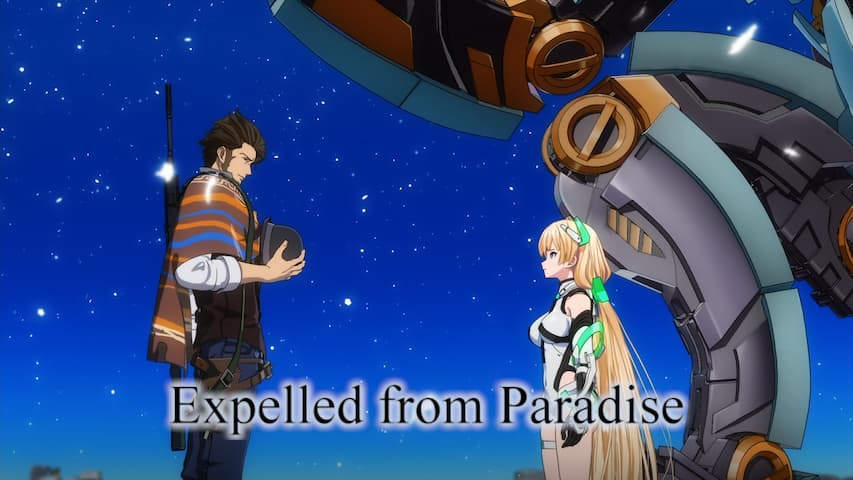
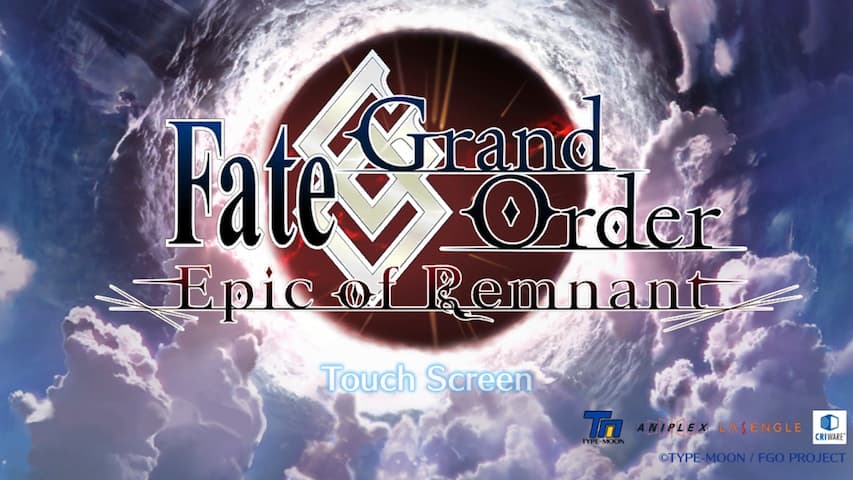

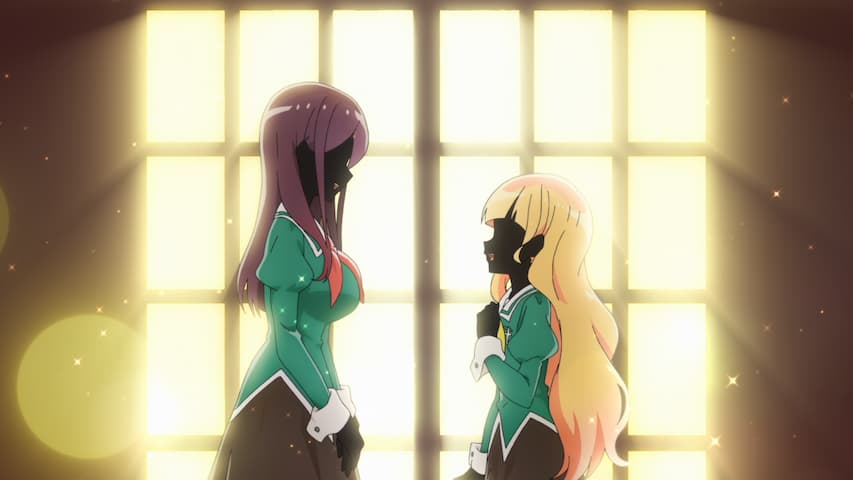
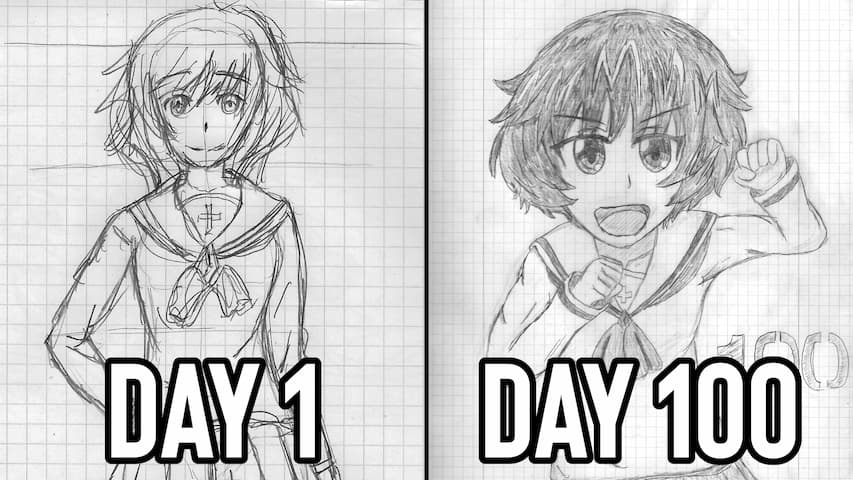
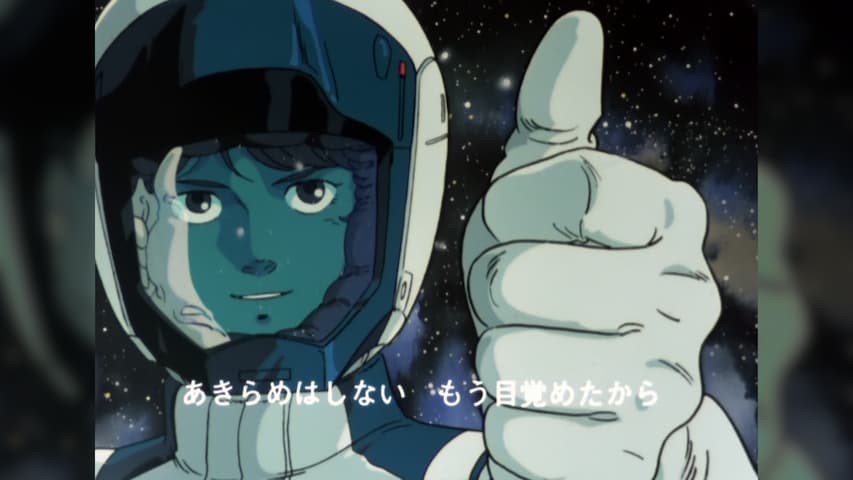

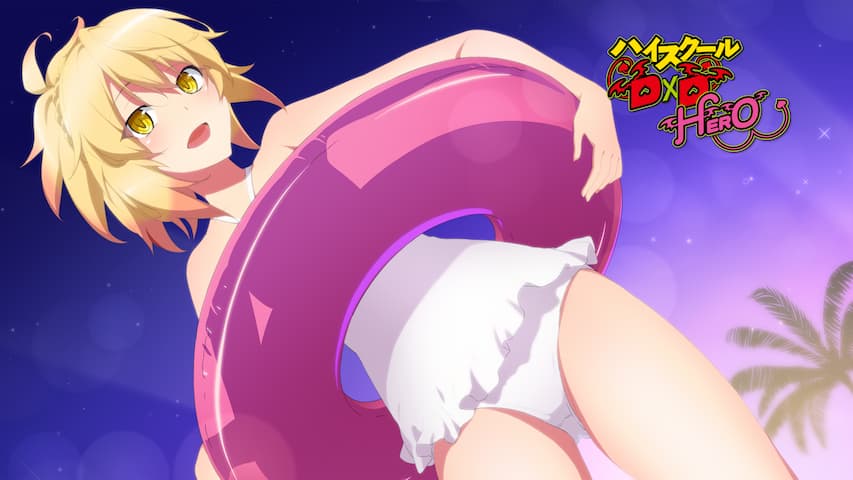
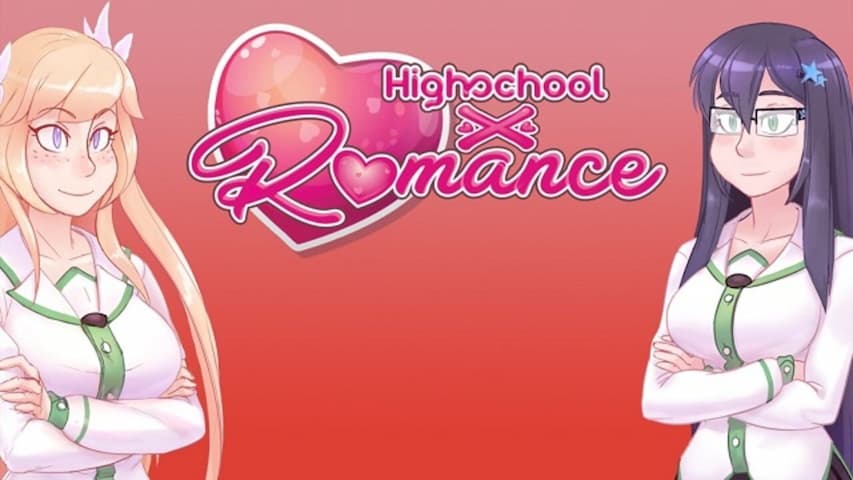
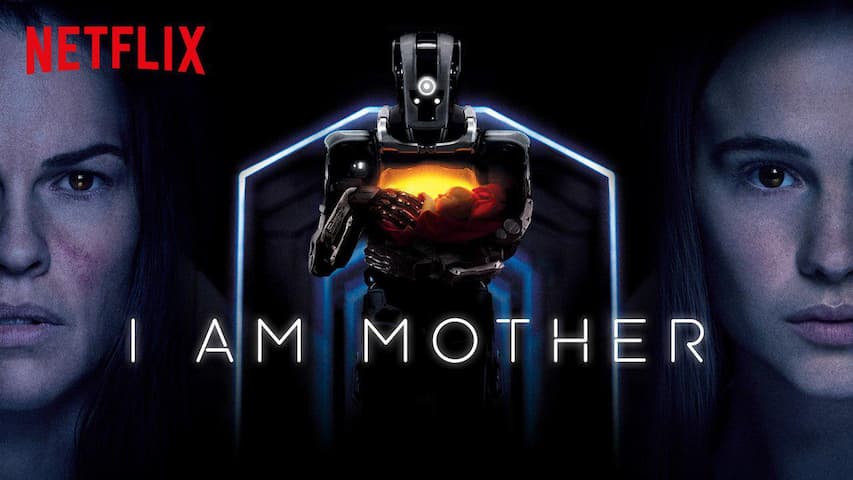
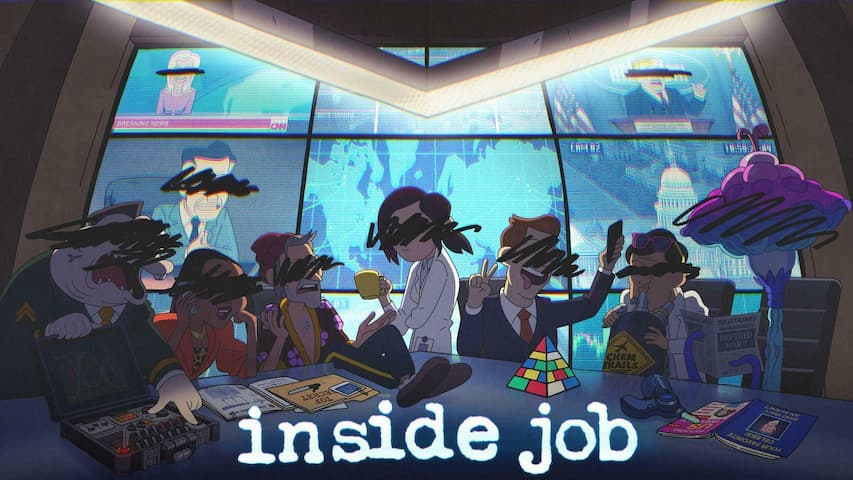
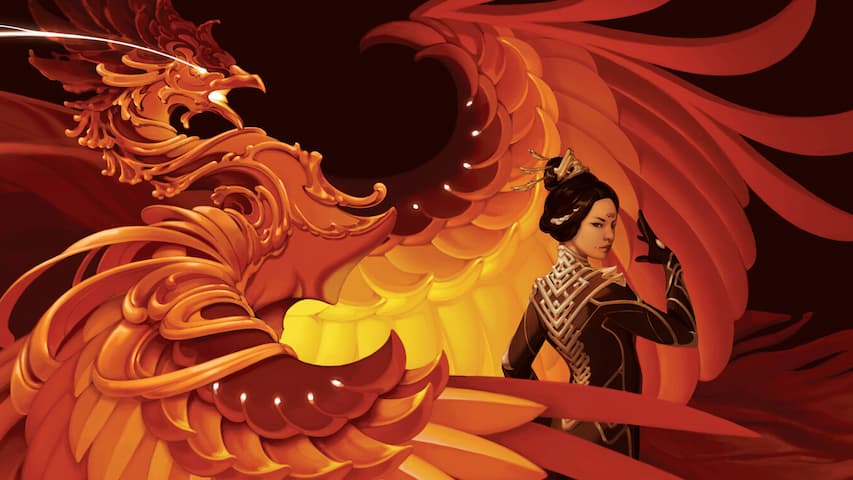
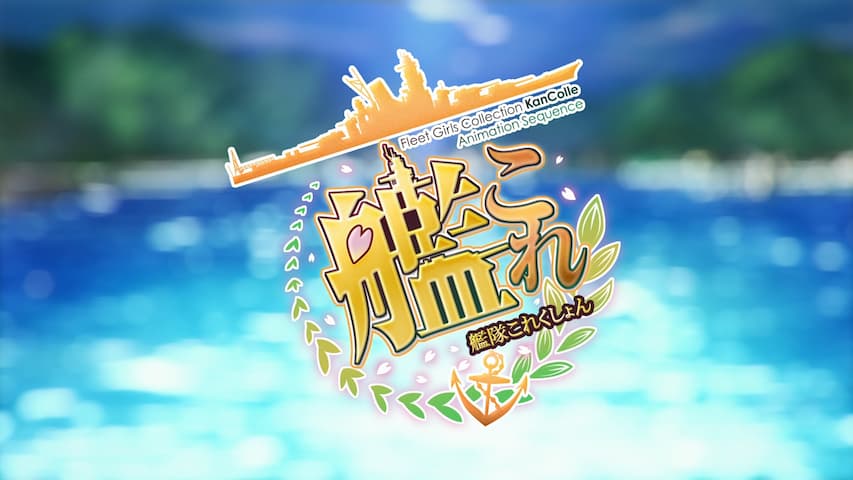
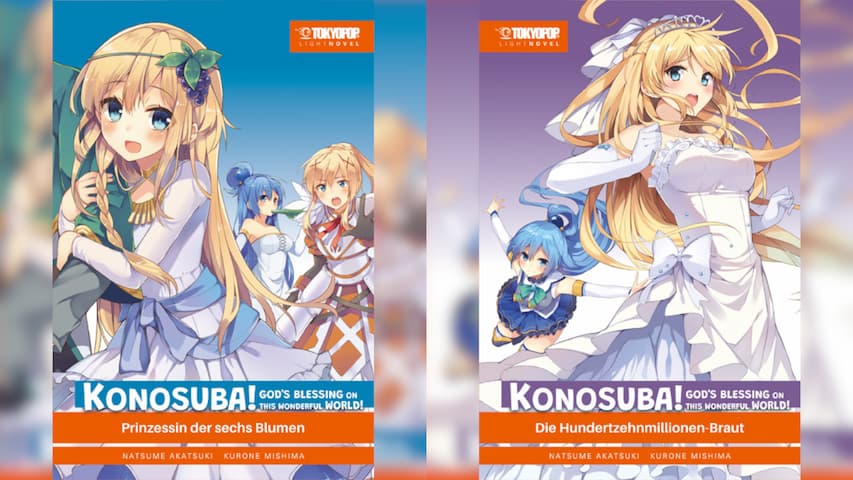
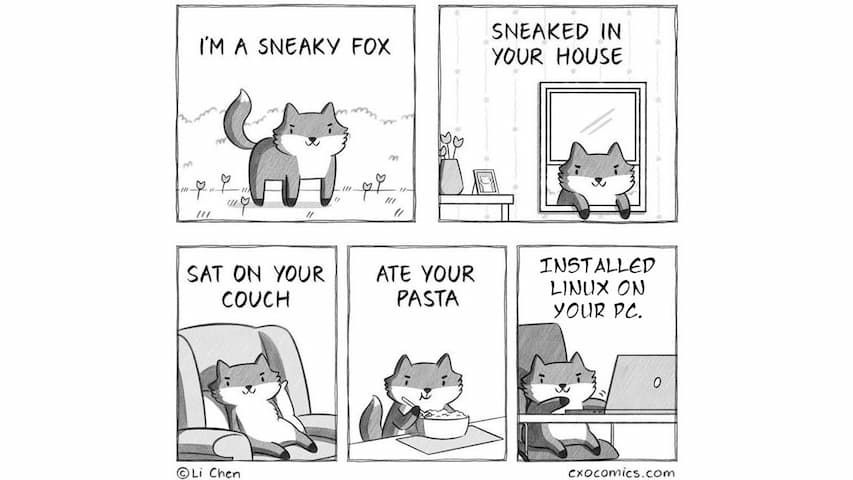

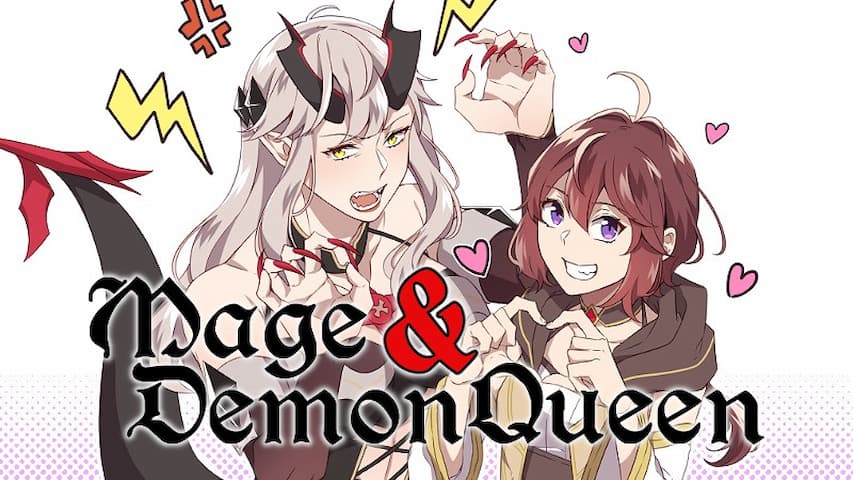
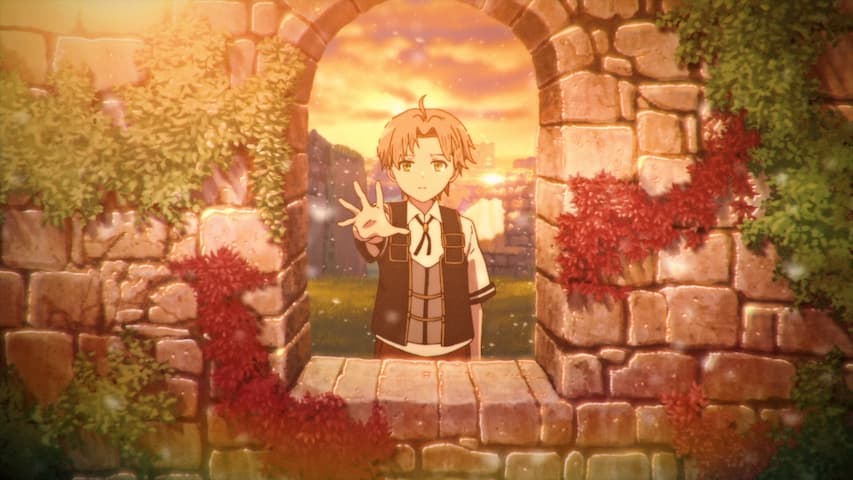

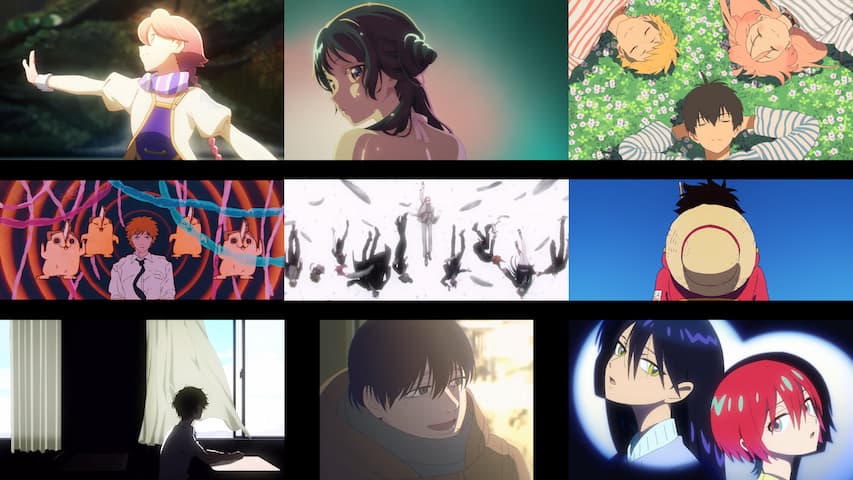
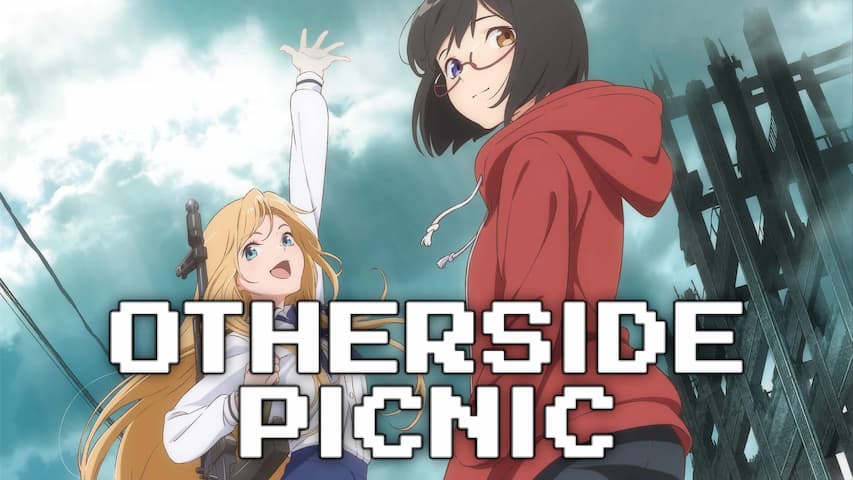
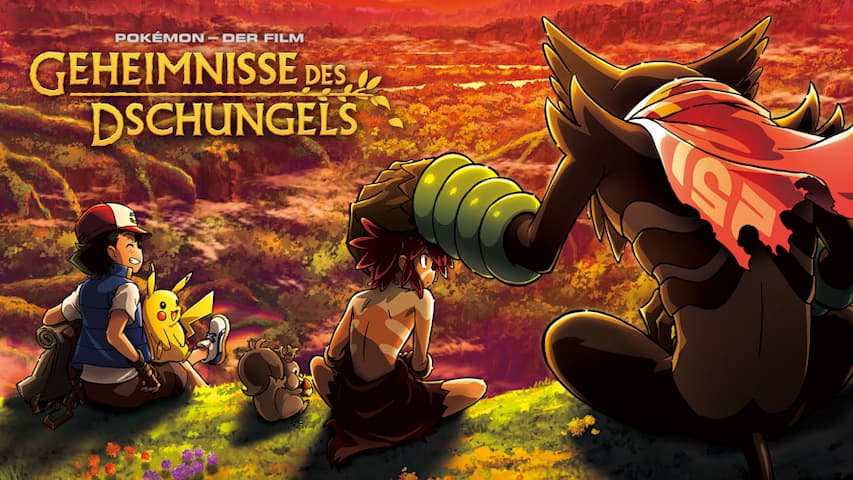
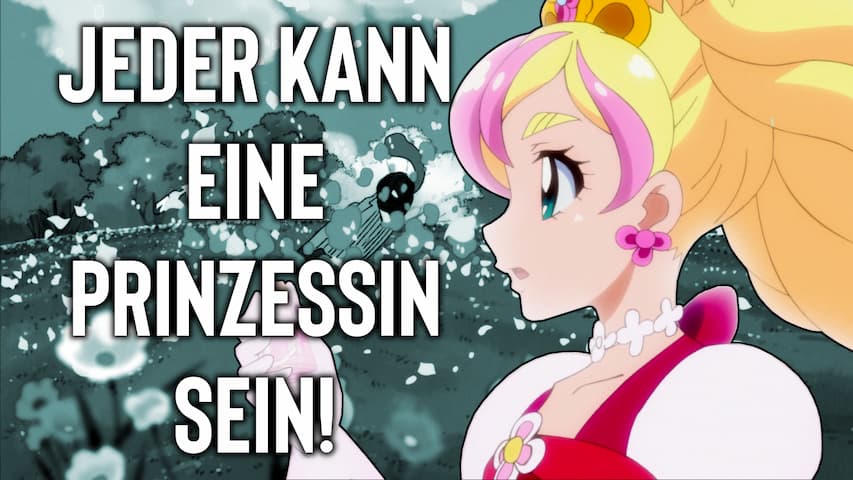
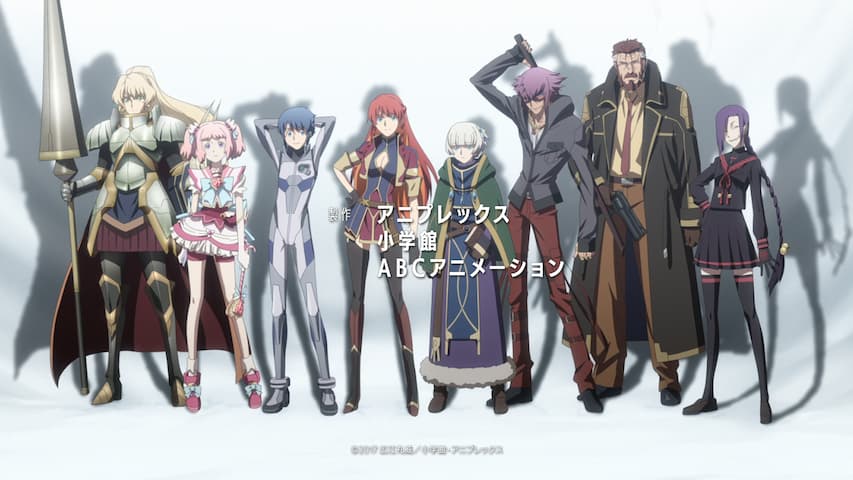
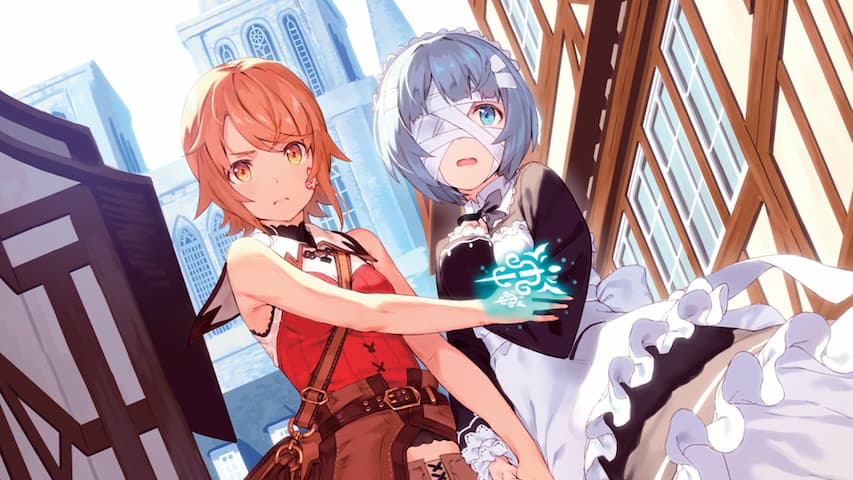
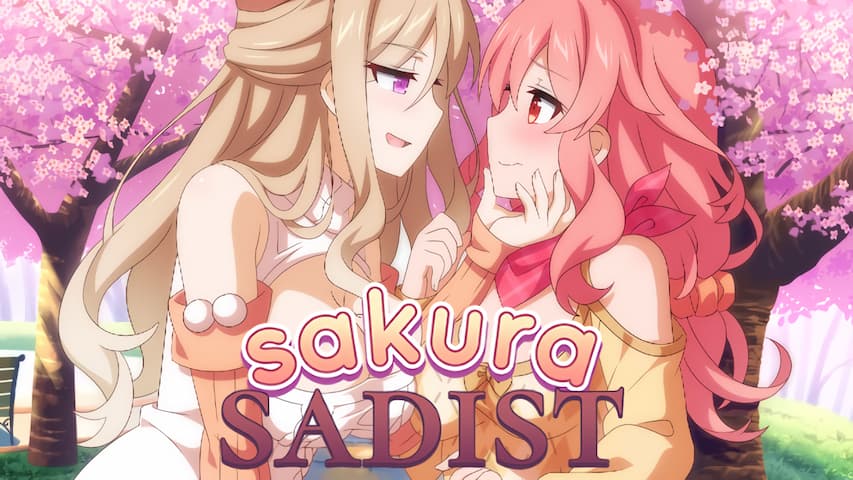
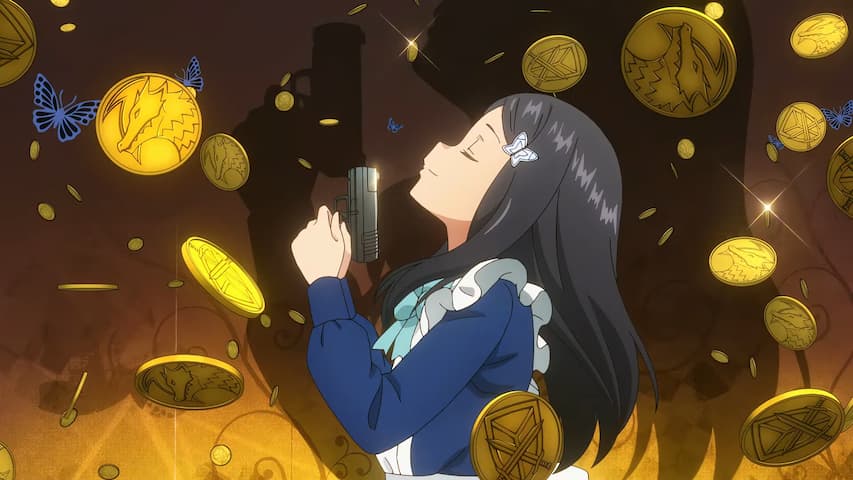
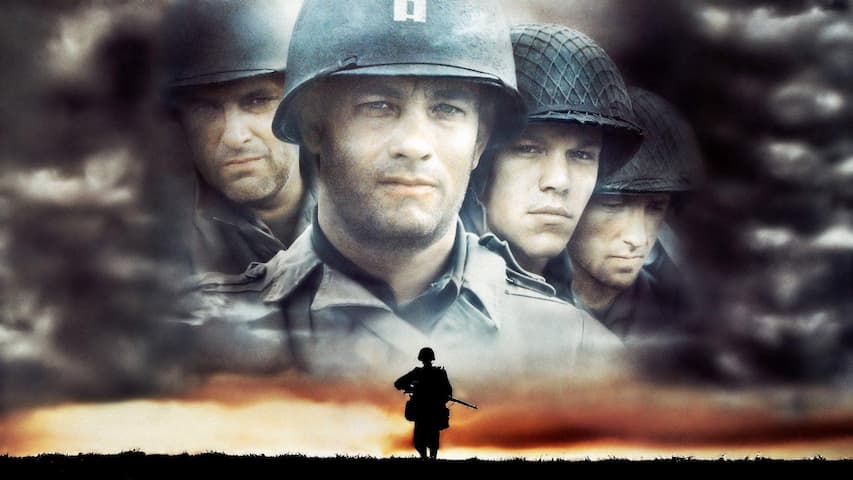
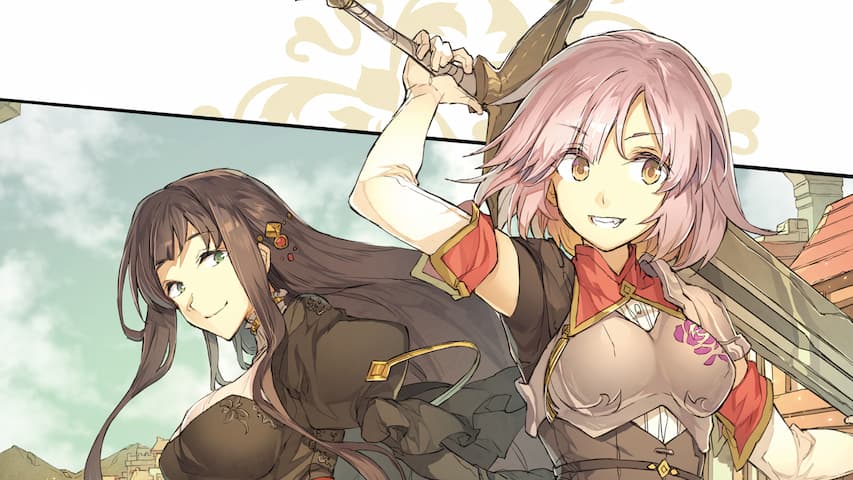

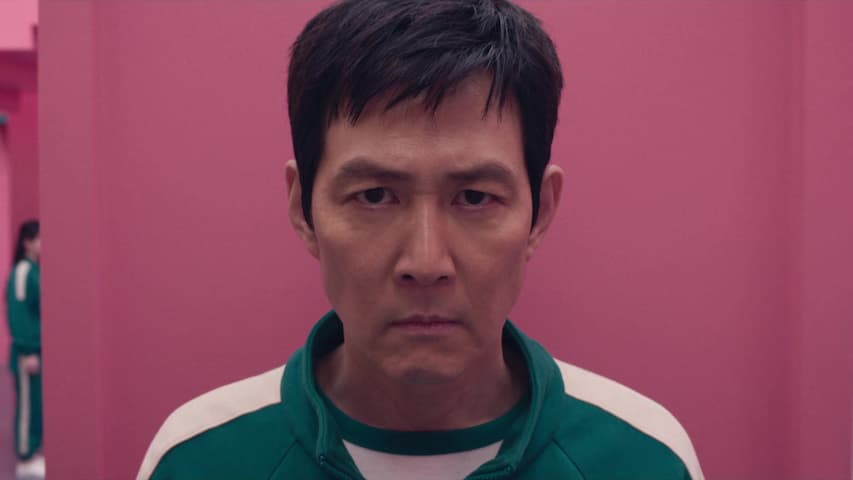

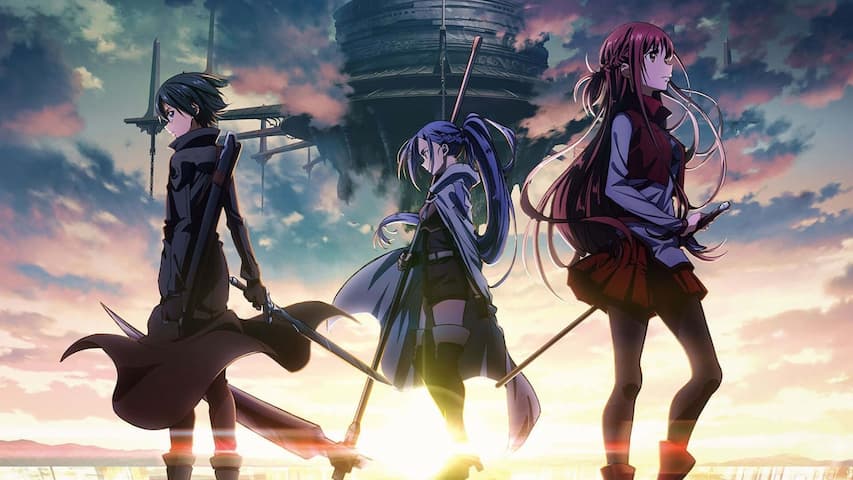

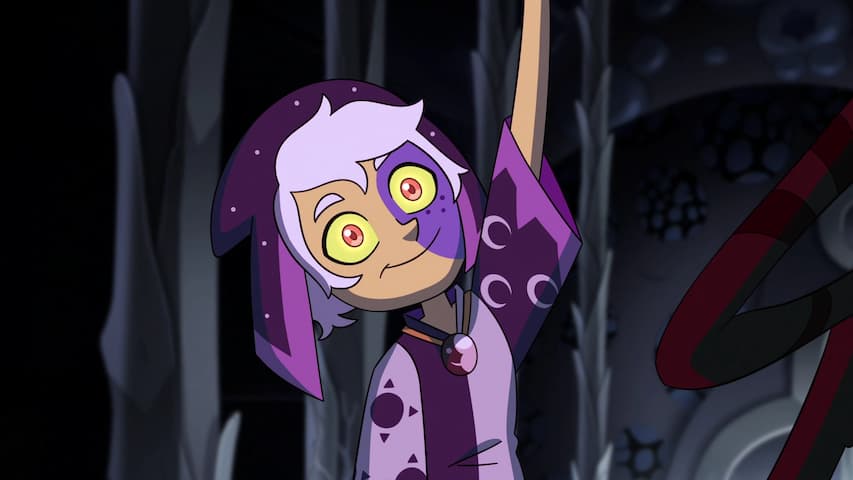
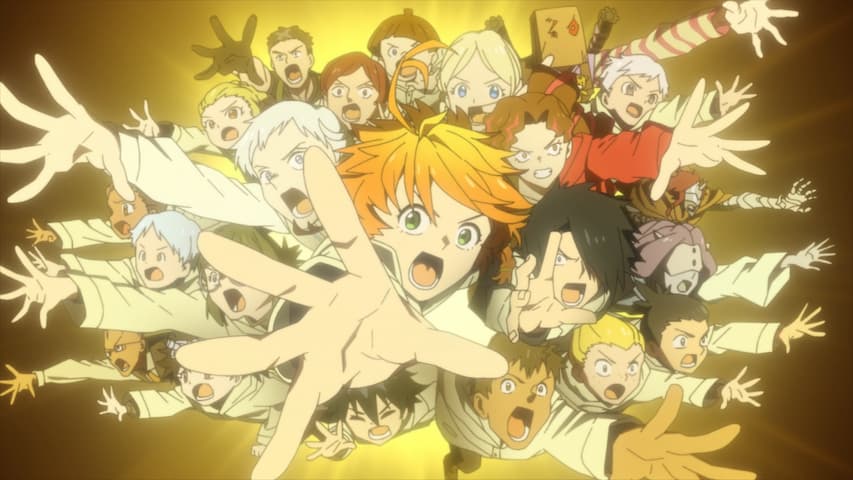

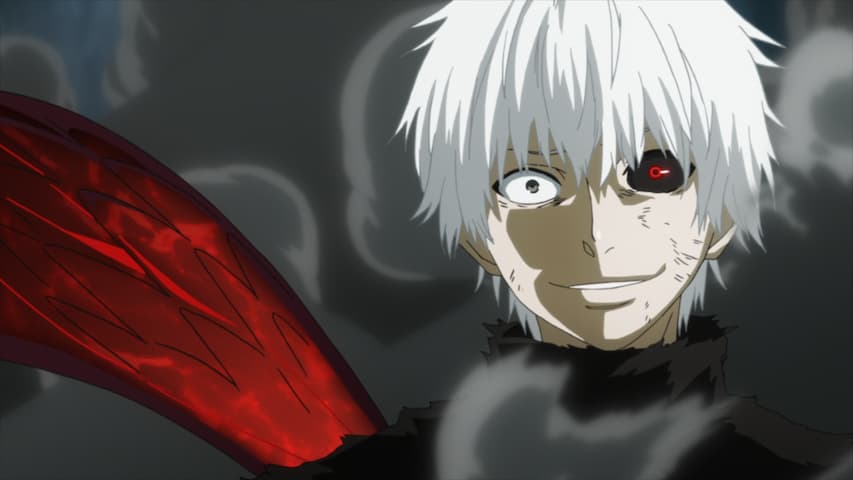

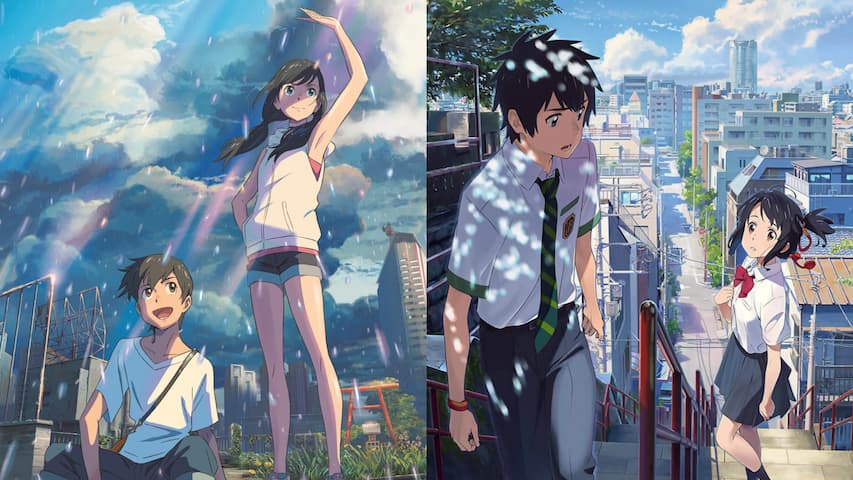
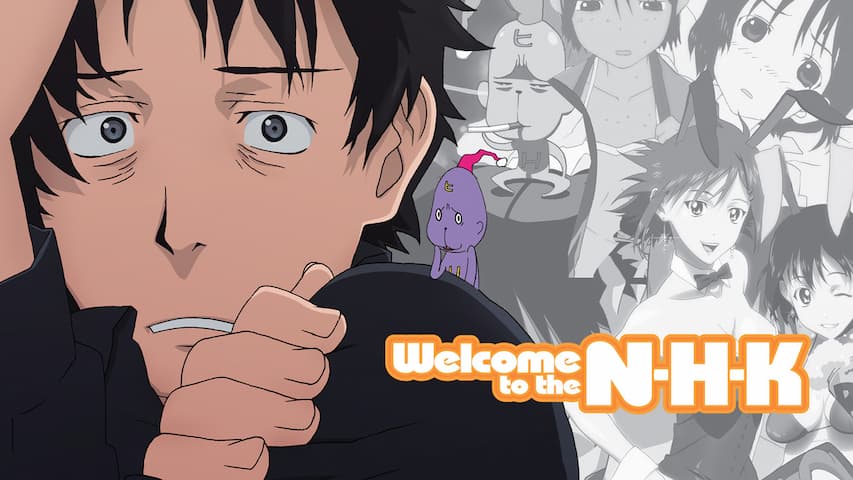



Recent Posts
2583 Words | February 8, 2026
2716 Words | December 28, 2025
3211 Words | December 12, 2025
1515 Words | October 30, 2025
7804 Words | October 3, 2025
